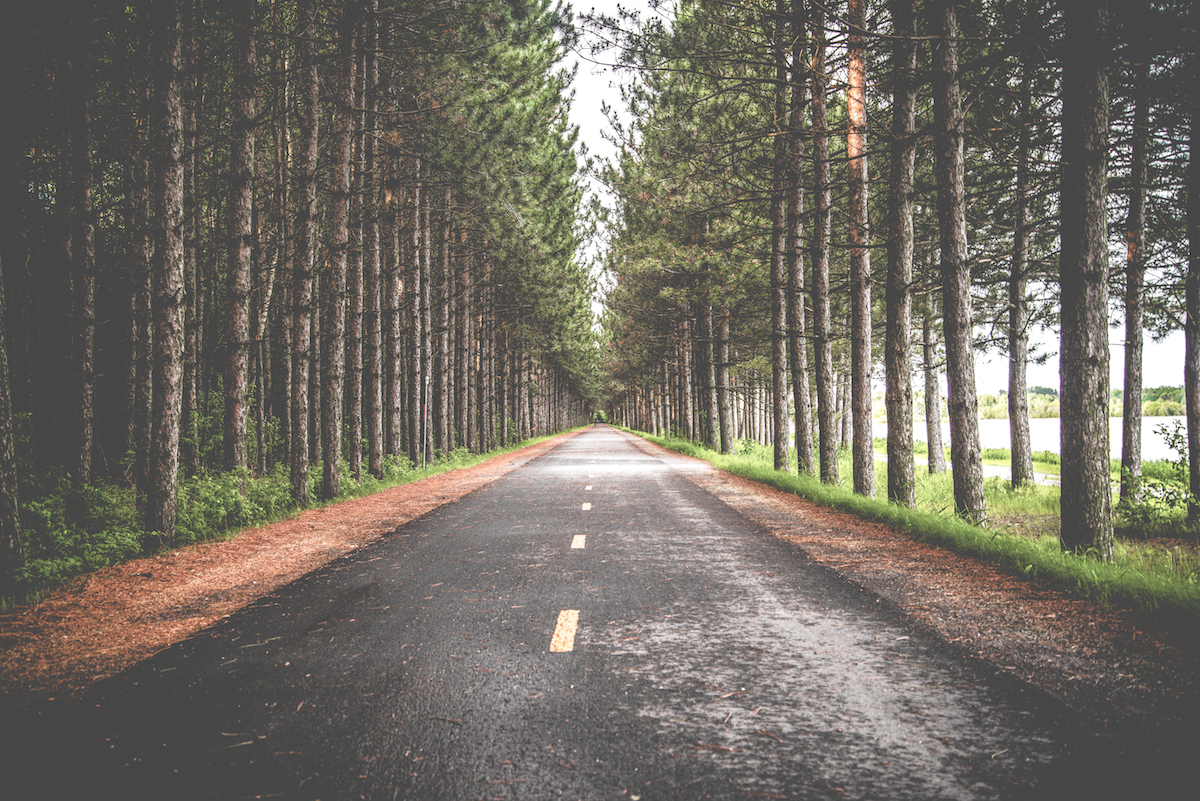What a Tibetan Monk taught me about Wellness
I’m no expert on Buddhism, but something about the inherent philosophies of the Eastern religion resonates with my holistic view on health and wellness. I’ve been to a handful of Dharma chats by Buddhist monks in Asia, and am always captivated by their jovial spirits and useful lessons.
Recently I attended a talk by The Fifth Amnyi Trulchung Rinpoche, a visiting Buddhist monk from Tibet, passionate to help make people live happier lives. While I believe wellness has its roots in a range of philosophies and schools including medicine, naturopathy, meditation, neurology and sports science, I’m confident this clever man’s lessons can apply to everyone in their business and personal lives.
1. Spend most of your time on goals that are important to you
The visiting monk told us a story from Buddhist text about a man who was trying to rub down a steel pipe to make a needle. He was so obsessed with it, he wouldn’t stop and realise how frivolous it was - he would never get it down to the size of a needle in his lifetime. This man's main life goal was to improve his meditation, but he spent almost all his time trying to make this needle. I was told this applies to everyone: If you have a goal - something you want to improve - spend all your time on that. Don’t let trivial, meaningless things get in the way of your goal because it’s so easy to get distracted. And I'll bet the man in the story didn't have the distraction of social media like we do now!
This applies to wellness: If you want to lose weight and be fitter, devote your time to working out, even if it's just a walk around the block. Instead of checking your social media and spending two hours a day watching reality TV, you can devote this time to your goal so you achieve it faster. It's hard but worth it!
2. Don’t just focus on results, engage in the journey
It's like the old "it's about the journey not the destination" saying. Amnyi Trulchung Rinpoche told us too many people focus on the results of something, instead of the practice itself. He said if they immediately transfer their energy from the outcome to the practice, the practice immediately gets better. In the end then too, the outcome is better! While he was talking about getting better at meditation, this philosophy works for any skill and any business.
This applies to wellness: If you want to eat better, instead of spending ten minutes lamenting your weight on the scales and berating yourself over the brownie you ate at lunch - redirect that energy to sourcing local produce and healthy recipes. Take time and pride in creating healthy, nutritious-filled dishes and you’ll find you’ll eat better overall. Plus! It’s much better to spend your energy on something positive rather than negative - your self esteem will thank you for it.
3. Wake up with happy thoughts
Everyday, Amnyi Trulchung Rinpoche wakes up and says to himself he hopes every sentient being lives happily and healthily and without suffering. He told us he knows this doesn’t mean every living thing in the world will have the best day ever! But he said waking up with a positive mindset and wishing others and yourself well is a really useful way to start the day - and it lingers throughout the day.
This applies to wellness: If you’ve ever been to yoga, you know some instructors will finish the lesson with a similar statement, before the requisite “Namaste.”Rather than waiting until yoga, try and think a positive thought first thing every morning. It can help you start the day in a positive mindset, and better prepares you to combat stress throughout that day.
4. Don't disregard people because they live differently to you
During the session, this charming monk told us about a monk who was famous in Tibet in the 1950's. He was dismissed by Tibetan society and officials for being a disloyal monk because he drank and smoked occasionally, and even had girlfriends. Unfortunately though, he was also incredibly clever, and was one of the few prominent men in the country who spoke English. At a time when a seat at the UN could have determined Tibet's future, the one man who spoke English and would have been the ideal choice was shunned by his country. The monk told us the seat at the UN remained empty, and we all know what happened next.
This applies to wellness: Different therapies, techniques and philosophies appeal to different people, and just because you may not agree that Bikram yoga is worthwhile, someone else will think it's great! And plenty do. Wellness is about promoting mind and body wellbeing, so rather than dismiss other schools of thought, see what you can learn from them.
As a Physio I have a medical background and used to be cynical about some alternative therapies, but I can't tell you how many patients have seen incredible results from them that no other therapy or pill could provide. One woman was cured of chronic anxiety after a number of sessions of Bowen therapy. You never know what you could learn, so keep your heart open to hearing about different people's wellness goals.
I’m no expert, but I know wellness is multi-faceted. If we can all integrate mindfulness to make clearer, better decisions about how we spend our time, who we spend it with, and what our goals are - we’re one step closer to living well!
What have you learned from someone that has helped you come closer to your wellness goals?



